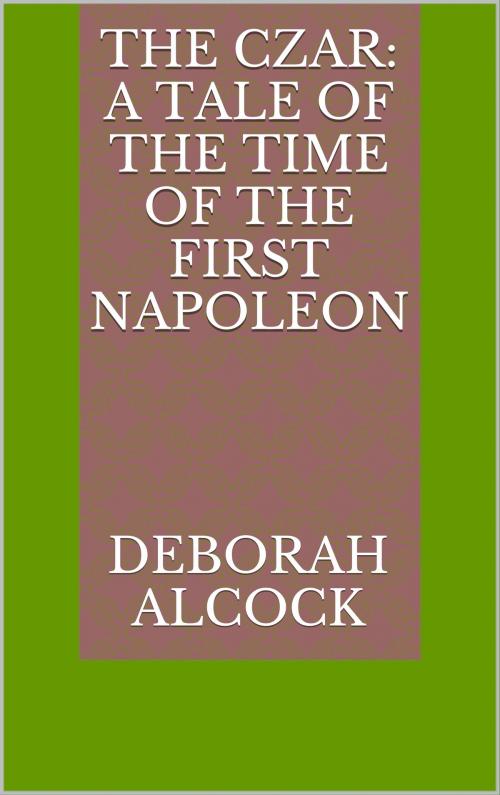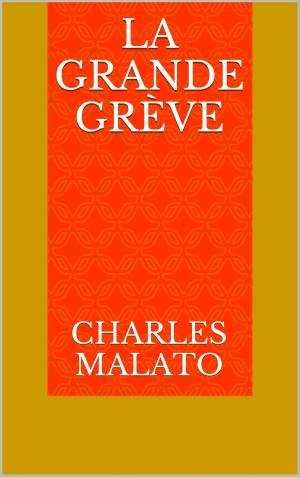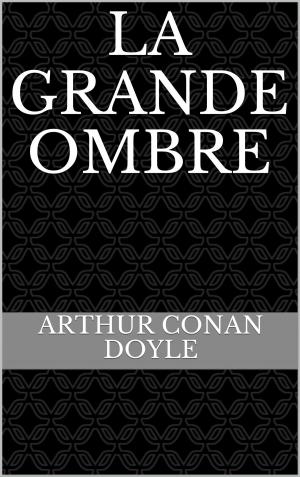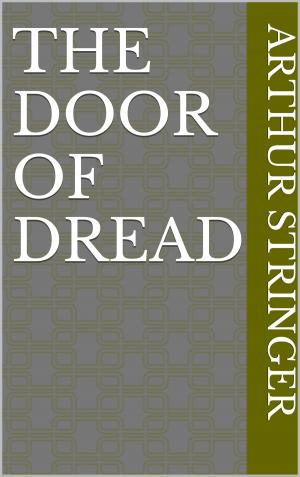The Czar: A Tale of the Time of the First Napoleon
Fiction & Literature, Literary Theory & Criticism, Women Authors, British| Author: | Deborah Alcock | ISBN: | 1230000879354 |
| Publisher: | CP | Publication: | January 7, 2016 |
| Imprint: | Language: | English |
| Author: | Deborah Alcock |
| ISBN: | 1230000879354 |
| Publisher: | CP |
| Publication: | January 7, 2016 |
| Imprint: | |
| Language: | English |
THE nineteenth century was still very young; its eventful day—that day whose sunset we have yet to see—had but lately dawned upon the world. There were regions, even in Europe, where, for any illumination brought them by the age, the hand of time might have been put back for centuries. In the vast monotonous plain around Moscow the ancient,—Moscow the holy, with her "forty times forty churches,"—Russian serfs tilled the cornfields of their lords, trembled beneath the knout and the plitt, ate their kasha and drank their kvass, and enjoyed the simple luxuries of their stoves and their vapour-baths, just as their fathers and fathers' fathers had done for generations.
In that land of sameness, where received types repeat each other to weariness, with almost as little variety in the works of nature as originality in those of man, the village of Nicolofsky was a fair sample of a hundred others. It belonged to Plato Zoubof, one of the favourites of Catherine II., who had bestowed it upon him with the adjacent lands and the "bodies and souls of men" it contained. Out of these he contrived to wring no inconsiderable revenue; but he never honoured Nicolofsky with his presence. A steward managed everything, unfortunately for the peasants, or mujiks, who were treated with much more severity than their brethren whose natural lords dwelt "among their own people," and cultivated relations with them usually kindly, often even paternal. From the mujiks of Nicolofsky heavy dues were exacted, and much labour required in the corn-fields of their lord. In harvest-time they were often forced to toil the whole night long, and any shortcoming was cruelly punished. At this very epoch a series of enlightened enactments, tending to ameliorate the lot of the serf and to prepare the way for his complete emancipation, were emanating from the supreme authority in the state; but from these Nicolofsky had as yet received little or no practical benefit, except, indeed, the deep conviction, which sank into the heart of the mujik, that his lord the Czar loved him and cared for his welfare.
Still, as the proverb tells us, "The holy Russian land is large, but everywhere the dear sun shines." Many a gleam of sunlight, from the mercy of Him whose compassions are over all his works, brightens even the lot of servitude, that looks, and rightly looks, so dark and so degrading to the thoughtful observer. Had such an observer visited Nicolofsky on the bright afternoon of one of the Church holidays in the late Russian spring, he would have found some difficulty in remembering, and perhaps as much in persuading the mujiks, that they were an oppressed and miserable race.
Youths and maidens, boys and girls were crowding to the birch wood to enjoy their favourite pastime of the swing. Nor were the older villagers unrepresented — at least so far as regards the men. Many a grave, bearded mujik keenly enjoyed the motion without labour so dear to the indolent and excitable Russian, although the women for the most part remained at home to prepare the tschi (or cabbage soup) for the festive evening meal. The young people, as they passed along, made the air resound with their sweet national songs, chanted in parts and with wonderful grace and harmony.
THE nineteenth century was still very young; its eventful day—that day whose sunset we have yet to see—had but lately dawned upon the world. There were regions, even in Europe, where, for any illumination brought them by the age, the hand of time might have been put back for centuries. In the vast monotonous plain around Moscow the ancient,—Moscow the holy, with her "forty times forty churches,"—Russian serfs tilled the cornfields of their lords, trembled beneath the knout and the plitt, ate their kasha and drank their kvass, and enjoyed the simple luxuries of their stoves and their vapour-baths, just as their fathers and fathers' fathers had done for generations.
In that land of sameness, where received types repeat each other to weariness, with almost as little variety in the works of nature as originality in those of man, the village of Nicolofsky was a fair sample of a hundred others. It belonged to Plato Zoubof, one of the favourites of Catherine II., who had bestowed it upon him with the adjacent lands and the "bodies and souls of men" it contained. Out of these he contrived to wring no inconsiderable revenue; but he never honoured Nicolofsky with his presence. A steward managed everything, unfortunately for the peasants, or mujiks, who were treated with much more severity than their brethren whose natural lords dwelt "among their own people," and cultivated relations with them usually kindly, often even paternal. From the mujiks of Nicolofsky heavy dues were exacted, and much labour required in the corn-fields of their lord. In harvest-time they were often forced to toil the whole night long, and any shortcoming was cruelly punished. At this very epoch a series of enlightened enactments, tending to ameliorate the lot of the serf and to prepare the way for his complete emancipation, were emanating from the supreme authority in the state; but from these Nicolofsky had as yet received little or no practical benefit, except, indeed, the deep conviction, which sank into the heart of the mujik, that his lord the Czar loved him and cared for his welfare.
Still, as the proverb tells us, "The holy Russian land is large, but everywhere the dear sun shines." Many a gleam of sunlight, from the mercy of Him whose compassions are over all his works, brightens even the lot of servitude, that looks, and rightly looks, so dark and so degrading to the thoughtful observer. Had such an observer visited Nicolofsky on the bright afternoon of one of the Church holidays in the late Russian spring, he would have found some difficulty in remembering, and perhaps as much in persuading the mujiks, that they were an oppressed and miserable race.
Youths and maidens, boys and girls were crowding to the birch wood to enjoy their favourite pastime of the swing. Nor were the older villagers unrepresented — at least so far as regards the men. Many a grave, bearded mujik keenly enjoyed the motion without labour so dear to the indolent and excitable Russian, although the women for the most part remained at home to prepare the tschi (or cabbage soup) for the festive evening meal. The young people, as they passed along, made the air resound with their sweet national songs, chanted in parts and with wonderful grace and harmony.















